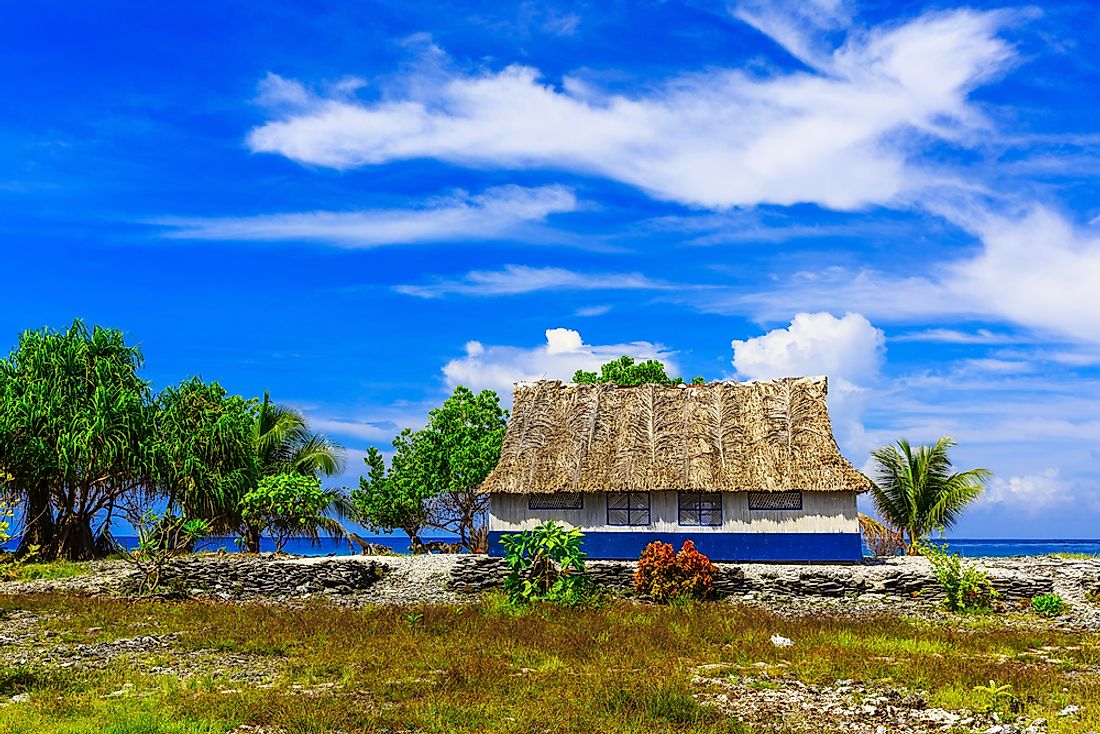Religion In Kiribati: Important Facts And Figures

Christianity is the religion of the majority in the small island nation of Kiribati located in the central Pacific Ocean. The nation has a resident population of about 100,000, as of 2011. The native islanders of Kiribati are known as the I-Kiribati. They trace their origins to Austronesians and Polynesians who arrived on the islands of the country thousands of years back. The Micronesians of different ancestral origins intermarried to produce a relatively homogenous population, the I-Kiribati.
Religion In Kiribati
The Constitution of Kiribati allows residents of the country to enjoy the right to freedom of religion. The government upholds this right of the people. Social discrimination in the name of religion although not unheard of, is relatively infrequent.
The different denominations of Christianity together constitute the largest religious group in the country. About 96% of the population of the country are Christians. 0.05% of the country’s population are not affiliated to any religion.
Christianity: The Dominant Religion In Kiribati
The religion was introduced to the island nation in the 19th century by the Christian missionaries. 56% of the country’s population are Roman Catholics and are primarily concentrated in the islands to the north. The Protestant Christian population of Kiribati are mainly dominant in the southern islands. 34% of the population is affiliated to the Kiribati Uniting Church. The Church of Jesus Christ of Latter-day Saints also has a significant presence in the country and a follower base of around 17,472 people. Both the churches have many church buildings in the country dedicated to the faiths.
Minority Religions In Kiribati
Bahá'í
The Bahá’ís are the only non-Christian faith in Kiribati with a significant number of followers. The religion was introduced in Kiribati at about the beginning of the 20th century as mentioned in the accounts of the then head of the faith, `Abdu’l-Bahá. The first Bahá’ís in Kiribati settled on the island of Abaiang. They soon entered into conflict with the resident Catholics and were deported from Kiribati. The first Bahá’ís convert of Kiribati was also evicted from Abaiang. However, despite the outrage against the spread of the faith in Kiribati, small groups of followers started emerging gradually. Today, the faith has a significant number of followers in the country. Although the census figures indicate that only 2 to 3% of the population of Kiribati are adherents of the Bahá’ís faith, the Bahá’ís themselves claim that the figure is much higher at 17%.







